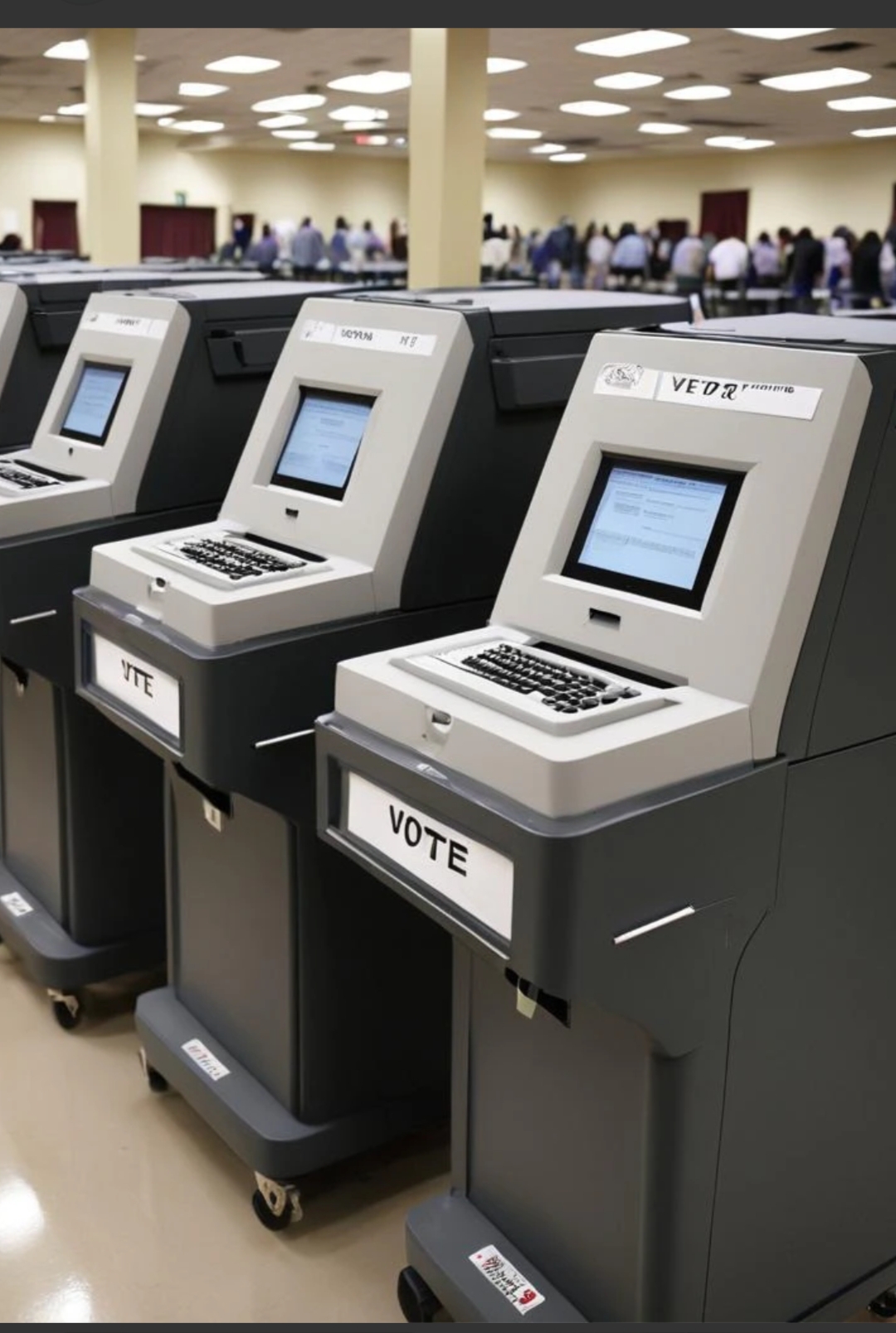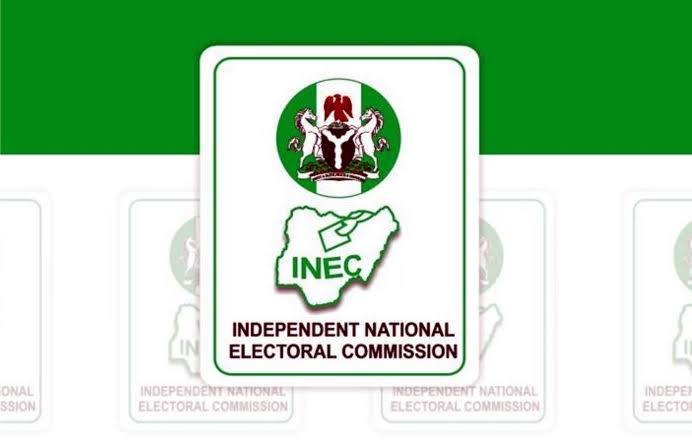Senators! Correct That Obnoxious Law and Mandate INEC to Adhere Strictly to Electronic Voting

In recent years, the call for electoral reforms in Nigeria has grown louder, with citizens and advocacy groups demanding a more transparent and efficient voting process
. One of the most contentious issues is the need for the Independent National Electoral Commission (INEC) to adopt and adhere strictly to electronic voting. This article explores the importance of this reform and urges senators to correct the existing laws that hinder its implementation.
The Current State of Electoral Laws
Nigeria’s electoral process has long been plagued by issues such as voter fraud, ballot box snatching, and delayed results. Despite the introduction of the Electoral Act 2022, which aimed to address some of these challenges, the law still falls short in mandating the exclusive use of electronic voting. The current regulations allow for a mix of manual and electronic processes, which can lead to inconsistencies and vulnerabilities.
The Case for Electronic Voting
Transparency and Trust: Electronic voting can significantly enhance the transparency of the electoral process. By reducing human intervention, the chances of manipulation and fraud of election results, are minimized. This builds trust among the electorate, who can be confident that their votes are accurately counted.
Efficiency and Speed: Electronic voting systems can process votes much faster than manual counting. This reduces the time taken to announce results, thereby decreasing the period of uncertainty and potential unrest.
Accessibility: Electronic voting can be designed to accommodate voters with disabilities, ensuring a more inclusive electoral process. Additionally, it can facilitate voting for citizens in remote areas through mobile or online platforms.
Cost-Effectiveness: While the initial investment in electronic voting infrastructure may be high, the long-term savings from reduced logistical costs and fewer required personnel can be substantial.
The Role of Senators
Senators play a crucial role in shaping the nation’s laws and ensuring they meet the needs of the people. It is imperative that they recognize the benefits of electronic voting and take decisive action to amend the current electoral laws. By mandating INEC to adhere strictly to electronic voting, they can pave the way for a more credible and efficient electoral process.
Conclusion
The demand for electoral reform in Nigeria is not just a call for change; it is a call for progress. Senators must rise to the occasion and correct the laws that hinder the full implementation of electronic voting. By doing so, they will not only enhance the integrity of the electoral process but also strengthen democracy in Nigeria.
INEC Regulations and Guidelines for the Conduct of Elections, 2022.










